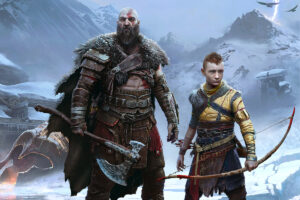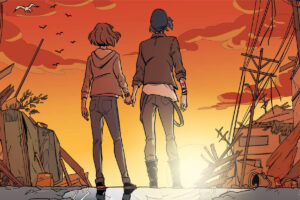The first article focused on the translation obstacles on the path to localization paradise. Taking center stage in parts two and three of our feature on The Witcher are accents – and wow, what an array there was in the English version.
Quite interestingly, the game series sometimes drew parallels with TV series ‘Game of Thrones’; there was often a connection between where characters derived from and real-life counterparts in the British Isles in shaping accent choice. For example, characters from the south of Westeros typically had southern English estuary accents. Many people of King’s Landing spoke with ‘London-estuary’ accents, while characters from the north, including the Wildlings – if we stretch ‘north of the Wall’ (based on ‘Hadrian’s wall’) – generally spoke with northern English accents – although in appearance the Wildlings were reminiscent of the Scottish tribes that used to raid Roman settlements.
The Witcher 3 game map was absolutely huge and it was filled with all types of landscapes that played a part in shaping accent choices. For example, in rural areas, characters spoke with British ‘West Country’ accents – which derive from western counties in England, such as Cornwall and Devon, and are synonymous with rural life. While the characters born of a ‘high social status’, such as Yennefer, spoke with an accent known as ‘received pronunciation’ – that is, the accent many people consider to be the stereotypical ‘British accent’ (think Hermione Granger and BBC broadcasts from the 1960s). Conversely, the more ‘rough-and-ready’ characters would speak with Cockney accents, which derive from the south-east London generally working class (Michael Caine, for example). And inhabitants of the cold, rocky islands to the west spoke with Northern Irish accents – more on that later.
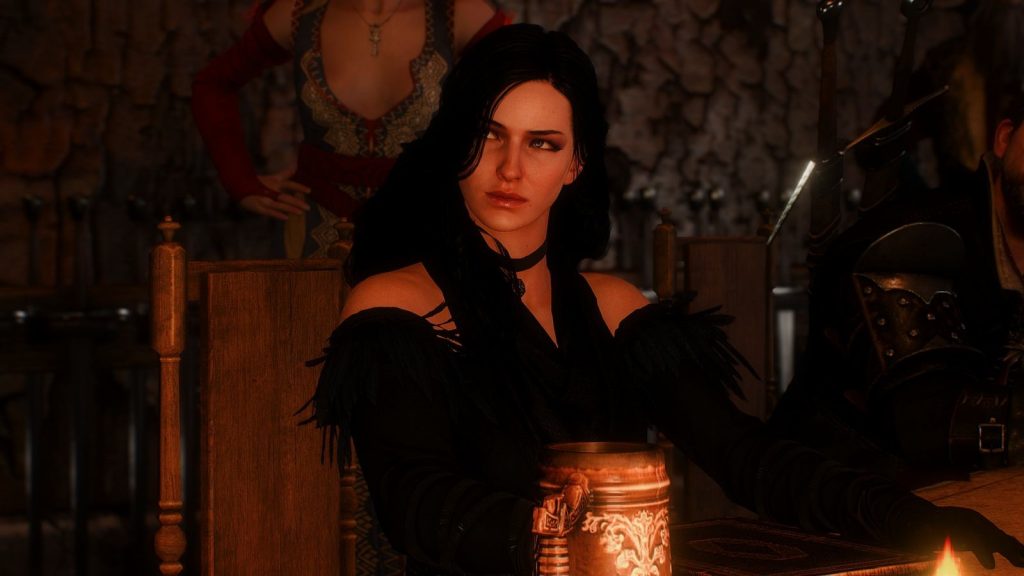
Accents and Stereotypes
Moving to mythology, Dwarven characters spoke with Scottish accents. And accent choices were also linked to stereotypes. For example, the team at CD Projekt RED decided that the supernatural creatures, or ‘anything weird’ – aside from elves or dwarves – would speak with Welsh accents. For example, the three Crones witches. Wales has a strong connection to mythology and mythical creatures – the country even has a dragon on its flag.
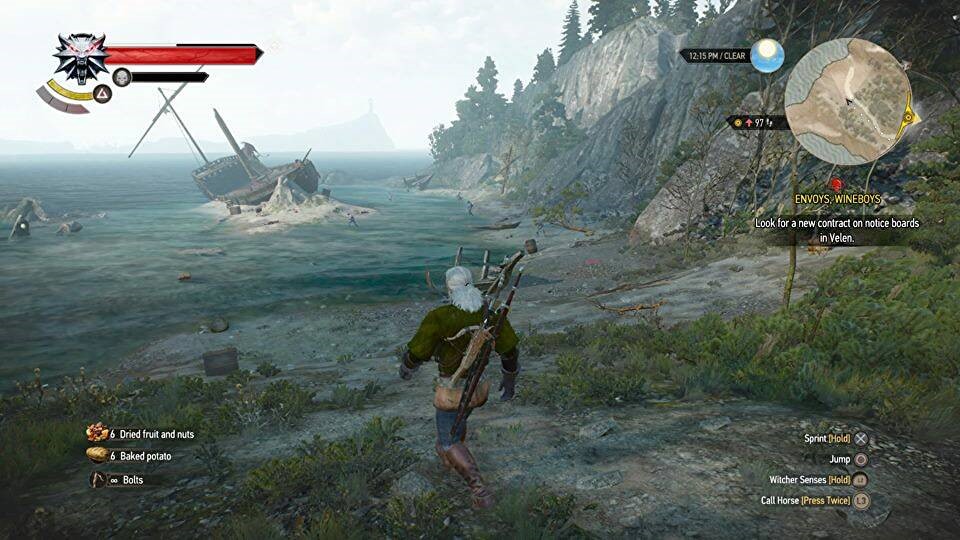
Heading west of the mainland, we arrive at the Skellige islands. At this point, it’s important to note that accents from the Republic of Ireland had already featured in the series – spoken by the people of Kaedwen – but the developers wanted Irish accents to feature in the Skellige islands too. Therefore, they very specifically chose Northern Irish accents (think Liam Neeson and James Nesbitt), they are like accents from the Republic of Ireland, yet distinct enough to give contrast between Skellige islanders and the Kaedwenis.
Cultural Influences Also Played a Big Part in Shaping the Game
The Skellige islands were heavily based on Scandinavia: Viking longboats can be found on the island for example, and the Swedish language often can be found in names of places and monsters: a wolf-like monster called Morkvarg means ‘dark wolf’ (Mörkvarg) and the island of Undvik quite ominously means ‘avoid’.
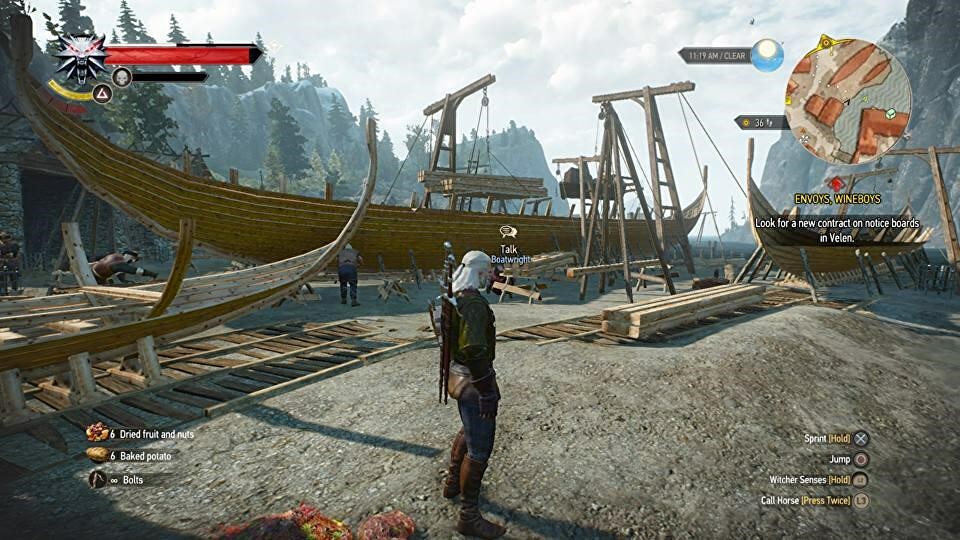
However, the islands are also heavily influenced by Celtic culture. For example, the naming of the base Kaer Mohren – “caer” means “stronghold” in Welsh. Additionally, the name of the islands themselves are based on the Irish Skellig islands (Na Scealaga in Irish, or “The Shells” when translated literally). Furthermore, two islands that form part of the fictional Skellige Islands also take names from the Irish language: Ard Skellig (meaning “High Skellig”) and An Skellig (simply meaning “The Skellig”) – these are based on the Irish Greater and Lesser Skelligs.
The Celtic Folklore and Fantasy
The Witcher series is known for its Slavic mythology, but Celtic folklore also featured in the Skellige islands – a testament to the amount of detail that went into this game. For example, Geralt encounters an aggressive ancient race of elves on the islands. This encounter comes from Celtic mythology where a supernatural race called the Tuath Dé cursed a group of people to become shipwrecked on the islands.
And incidentally, this is not the first time that a Celtic language has been featured in a fantasy series. Celtic languages heavily influenced J.R.R Tolkien in his construction of the fictional Elvish language from The Lord of the Rings.

The pool of voice actors for the English-speaking game was, fortunately, large, meaning CD Projekt RED had the power to really work accents into the fabric of the game. In part three of this Witcher blog series, we are going to look at more accents and cultural connections as well as the emotional impact some accent choices could have elicited on gamers. Until next time!

